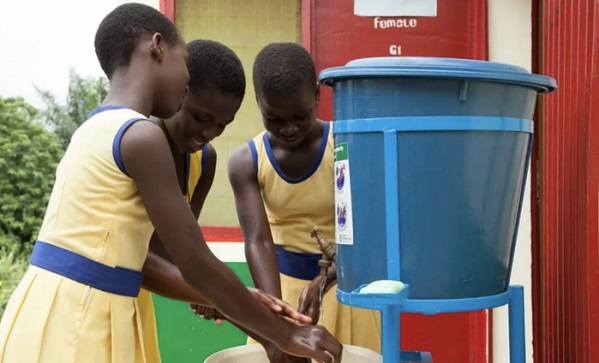Ghana has been commended for adopting an integrated water resources management approach and ensuring that climate issues are well catered for as part of efforts in all aspects of the review of the National Water Policy Document.
Madam Michelle Keane, the World Bank Country Manager, gave commendation at the launch of the revised document of the National Water Policy for 2024 on Thursday in Accra.
She lauded the efforts of the Ministry of Sanitation and Water Resources (MSWR) for improving Water, Access, Sanitation and Hygiene (WASH) services in Ghana, updating the policy environment and strengthening the institutional framework.
She said the launch of the Policy was an important step by the Government as it aligns the sector with the international agenda on WASH to pursue the Sustainable Development Goals (SDGs), which was central to the achievement of the Africa Agenda 2063.
Madam Keane said water security was essential for the socio-economic development of any society that needed to be well protected and managed.
“Without considering the effects of climate change, water security interventions are likely not to succeed. If we fail on water, we fail in climate as water and climate are intertwined,” she stated.
She gave the assurance that the World Bank would continue to support the MSWR, WASH, and water security in Ghana.
Madam Seyram Alhassan, Minister of Sanitation and Water Resources, in an interview with the Ghana News Agency, said the revised policy document represented the renewal of the Ministry’s commitment to sustainable utilisation of the water resources.
She said the launch of the new document was appropriate since “we have only six-and-a-half years to attain the various targets under the SDG ‘6’.”
“This critical goal of ensuring sustainable and universal access to safe water and adequate sanitation for all is at the heart of the SDGs framework,” she stated.
Madam Alhassan said an effective implementation of the policy required a multi-dimensional approach.
“This policy should not just be seen as a book but a commitment as it is expected that all stakeholders, at all levels, shall be guided by the principles and provisions in the revised National Water Policy and provide the needed support for its effective implementation.”
GNA





